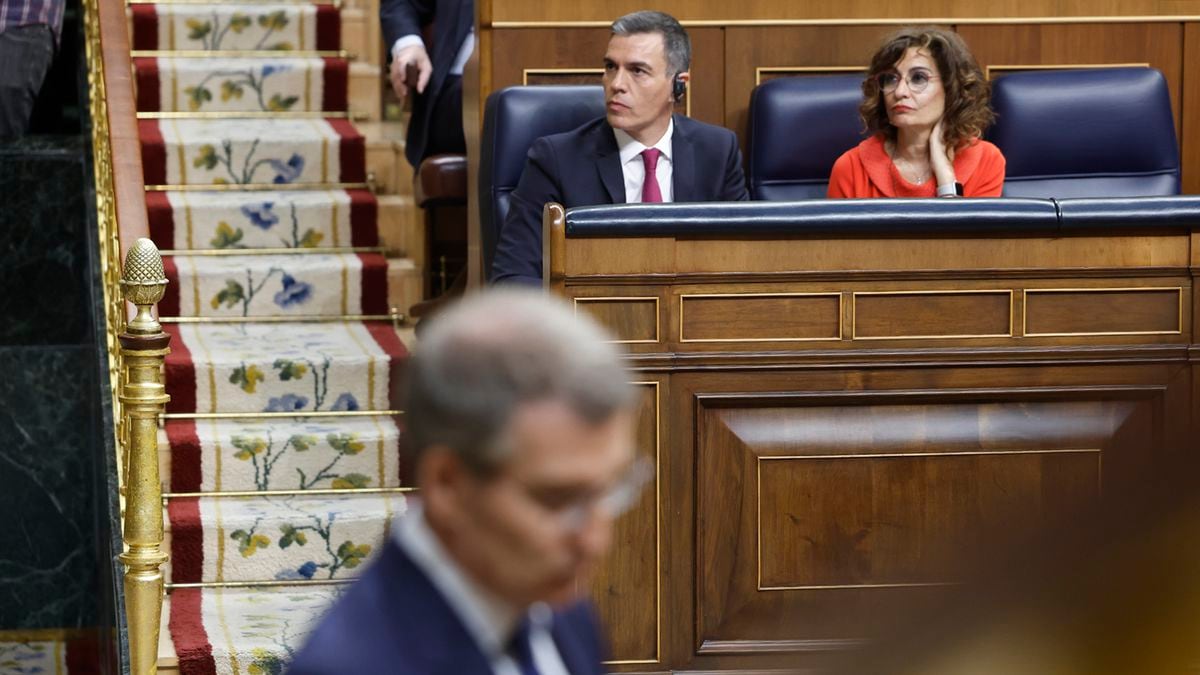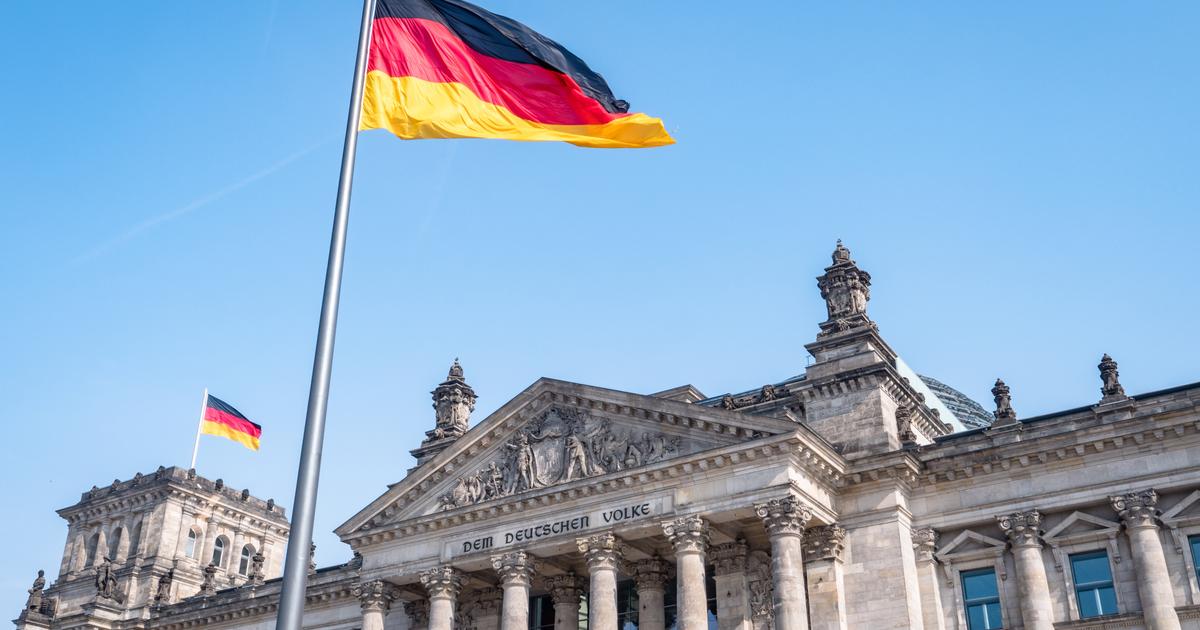Economy: economy in permanent crisis mode
Created: 05/23/2022Updated: 05/23/2022 15:13
Prof. Michael Hüther: The doctor of economics (born in 1962) has been the director of the employer-oriented Institute of German Economics (IW) in Cologne since 2004.
© N. Bruckmann/M.
Litzka/dpa
Record inflation, disrupted supply chains, high energy prices: Rarely have there been so many economic uncertainties as at the moment, writes the director of the German Economic Institute (IW), Prof. Michael Hüther, in the guest article.
Cologne – The German economy is once again experiencing what has historically been a challenging year.
The corona pandemic is still having consequences, ships are piling up in front of the port of Shanghai and disrupting the supply of goods and raw materials worldwide.
No one knows how long the Russian war of aggression against Ukraine will last and what proportions it will reach.
As a result, prices are rising across Europe, for food as well as for energy and essential raw materials.
The Federal Statistical Office reports new inflation record values month after month.
For the current year, the IW is forecasting GDP growth of just 1.75 percent.
The humanitarian horror is on a completely different page.
voice of economists
Climate change, supply bottlenecks, corona pandemic: Rarely before has interest in the economy been as great as it is now.
This applies to current news, but also to very fundamental questions: How do the billions in corona aid and the debt brake go together?
What can we do about the climate crisis without jeopardizing our competitiveness?
How do we secure our pension?
And how do we generate the prosperity of tomorrow?
In our new series ,
voices of economists
, Germany's leading economists are now providing guest contributions in the form of assessments, insights and study results on the most important economic topics - profound, competent and opinionated.
Disrupted supply chains and high energy prices as major challenges
To stay with the economic challenges: they have seldom been as diverse as they are at the moment, and there has seldom been so much uncertainty.
Companies across all sectors are suffering from sharp increases in energy prices: between the end of February and the end of April, the price of coal rose by 361 percent, the price of diesel by 110 percent and the price of natural gas by almost 443 percent.
In addition, many supply chains are disrupted, and individual raw materials are difficult or temporarily unavailable.
These factors have an impact on the state budget: this year it recorded a deficit of around 95 billion euros.
This is mainly due to the additional expenditure to cushion the consequences of the pandemic, but also to the consequences of the Ukraine war.
Although this can be financed without the debt ratio rising, there is less and less room for maneuver - more social security expenditure can only be financed in the coming year with higher contribution rates.
more on the subject
Energy price inflation: The ECB must act now
Threatened delivery stop for Russian gas: no time for ideological reservations
Energy subsidies: protect the EU internal market from national solo efforts
Economy: Concerns about gas embargo - but there is also good news
In these stormy times, a looming gas embargo fuels further concerns.
Federal Minister of Economics Robert Habeck (Greens) recently said that the market could compensate for a loss of gas supplies from Russia, that there were alternative delivery options.
What that would look like in the short term is still unclear.
What is not taken into account is that it is difficult or even impossible for many industrial companies to completely replace gas as an energy source in the short to medium term - this applies, for example, to paper production, glass production or basic chemicals.
After all, there is still good news even in these times: the labor market has largely overcome the consequences of the corona pandemic, employment is increasing by more than one percent - if this positive development continues next year, a new historic high could be reached here .
It remains to be hoped that this anchor of stability will not be jeopardized by a global recession, the probability of which has recently increased noticeably with regard to China and the USA.
About the person: Prof. Michael Hüther holds a doctorate in economics (born in 1962) and has been the director of the employer-related Institute of German Economics (IW) in Cologne since 2004.




/cloudfront-eu-central-1.images.arcpublishing.com/prisa/GX6T7JPQYZMTYR575K7UVIU6V4.jpg)

/cloudfront-eu-central-1.images.arcpublishing.com/prisa/C3LDLHDAXBBCFCHWBPELHN64FU.jpg)








